THIS book deals with Muslim nationalism in Imperial India in its four aspects. The first stage in the growth of a nationalism is the evolutionTHIS book deals with Muslim nationalism in Imperial India in its four aspects. The first stage in the growth of a nationalism is the evolution of a group into a nation. This is mainly an historical development and occurs on the time-level. Chapters 1, 2, and 3 describe how the Indian Muslims came to look upon themselves as a separate national group, how this affected `Indian’ nationalism and how it was consummated by the establishment of an independent Muslim state. In brief, they deal with the Muslim nationalist movement in its historical and political aspects. The second stage (which, in terms of time, may sometimes coincide with the first stage) arrives when the national group begins to enunciate the principles and ideals on which it claims a separate existence. The nation istan justifies its nationhood on the philosophical plane. This may take two shapes : religion and culture. These two arguments are the theme of Chapters 4 and 5, which deal, respectively, with the religious element and the cultural background of Muslim nationalism. The last aspect chosen for study is the psychological factor in nationalism. How the Indian Muslims took pride in being one nation, how they invented symbols to represent their nationalism and created myths to reflect their aspirations, how they persuaded themselves of their own solidarity: this is the subject of Chapter 6. Chapter 7 examines the two-nation theory on which the creation of Pakistan was professedly based. of a group into a nation. This is mainly an historical development and occurs on the time-level. Chapters 1, 2, and 3 describe how the Indian Muslims came to look upon themselves as a separate national group, how this affected `Indian’ nationalism and how it was consummated by the establishment of an independent Muslim state. In brief, they deal with the Muslim nationalist movement in its historical and political aspects. The second stage (which, in terms of time, may sometimes coincide with the first stage) arrives when the national group begins to enunciate the principles and ideals on which it claims a separate existence. The nation istan justifies its nationhood on the philosophical plane. This may take two shapes : religion and culture. These two arguments are the theme of Chapters 4 and 5, which deal, respectively, with the religious element and the cultural background of Muslim nationalism. The last aspect chosen for study is the psychological factor in nationalism. How the Indian Muslims took pride in being one nation, how they invented symbols to represent their nationalism and created myths to reflect their aspirations, how they persuaded themselves of their own solidarity: this is the subject of Chapter 6. Chapter 7 examines the two-nation theory on which the creation of Pakistan was professedly based.
-23%



Healing the Emptiness: A Guide to Emotional and Spiritual Well-Being by Yasmin Mogahed
₨ 1,699 Original price was: ₨ 1,699.₨ 1,499Current price is: ₨ 1,499.

Satan's Affair by H.D. Carlton
₨ 649 Original price was: ₨ 649.₨ 399Current price is: ₨ 399.
The Making of Pakistan: A Study in Nationalism by K.K. Aziz
₨ 649 Original price was: ₨ 649.₨ 499Current price is: ₨ 499.
The Making of Pakistan: A Study in Nationalism by K.K. Aziz is a thorough analysis of the elements and occasions that influenced Pakistan’s emergence as a nation. Aziz carefully examines the political, social, and historical factors that contributed to the demand for a Muslim homeland in British India. This book provides a comprehensive knowledge of the roots and intricacies of Pakistan’s nationalist movement through in-depth research and critical insights, providing light on the historical environment and ideologies that influenced the establishment of the nation.
Eidi Alert: Save 10% with Code EIDI10! Enter at checkout to redeem. 🎉
SKU:
B_1478
Categories: History, Non-Fiction, Original Books, Political & Social Sciences, s4
Description
Reviews (0)
Be the first to review “The Making of Pakistan: A Study in Nationalism by K.K. Aziz” Cancel reply
You'll Love These Too
Atomic Habits By James Clear
Rated 5.00 out of 5


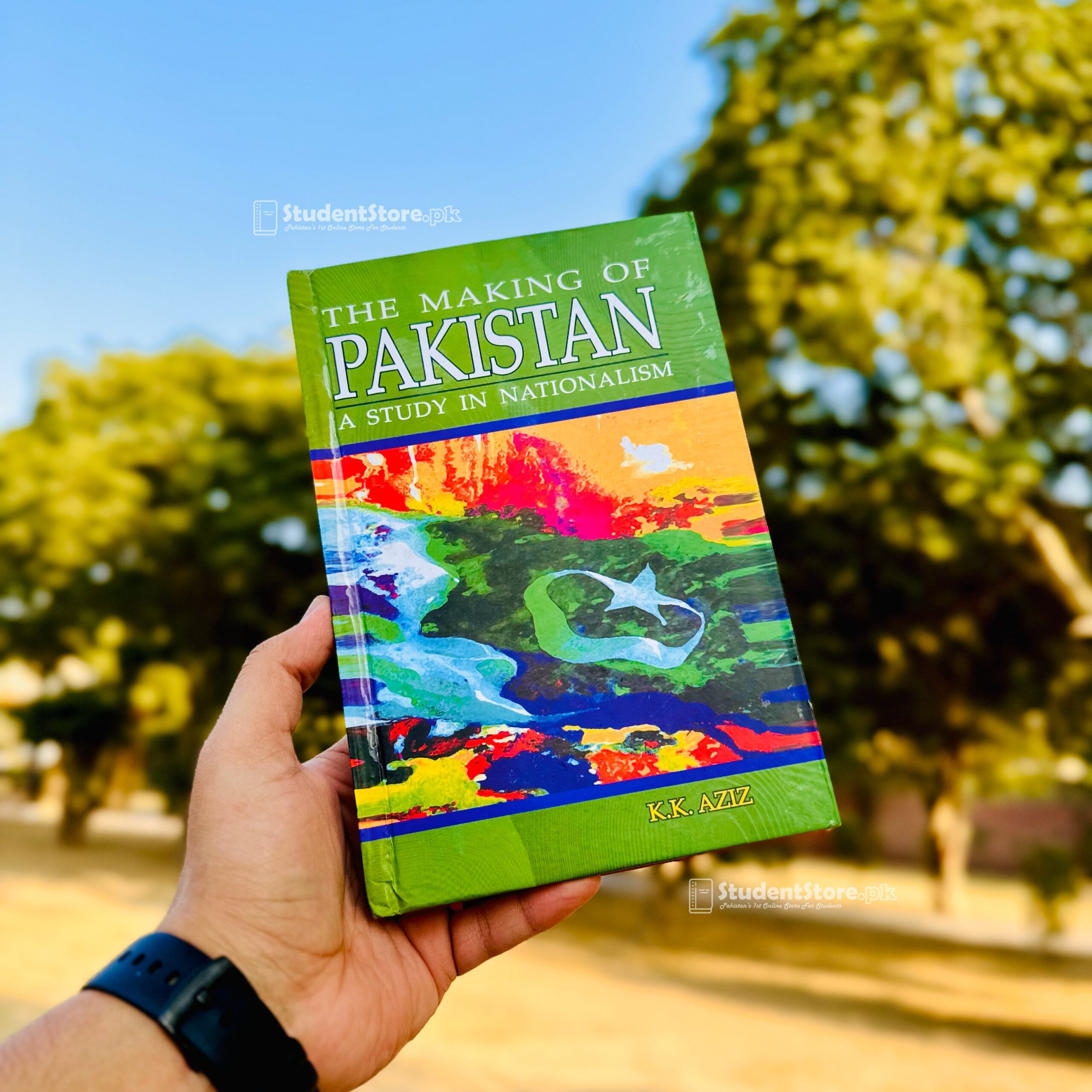

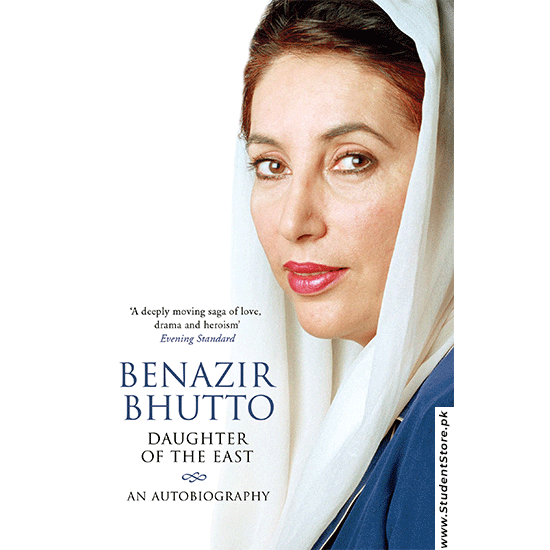



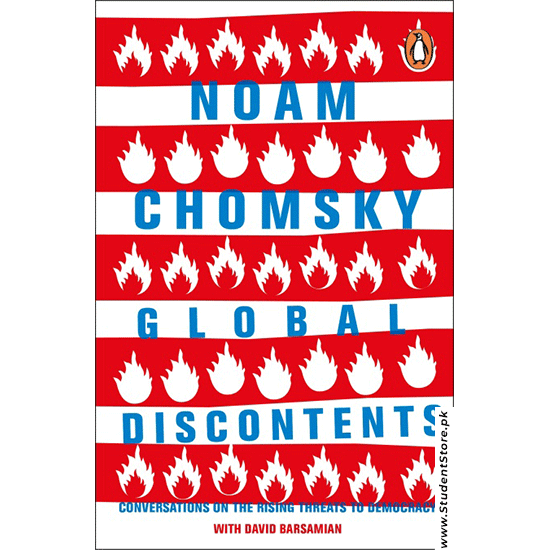

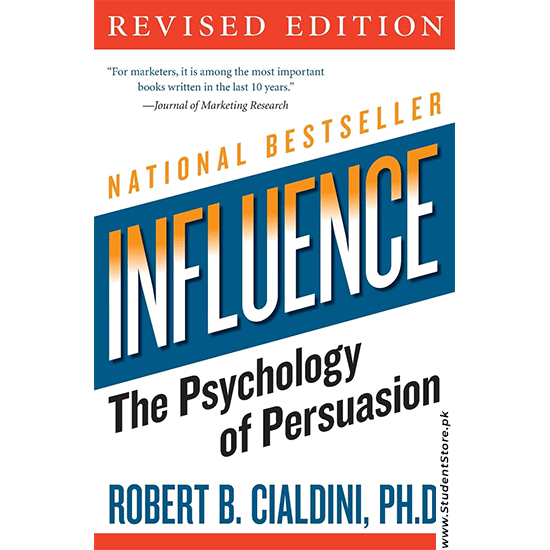


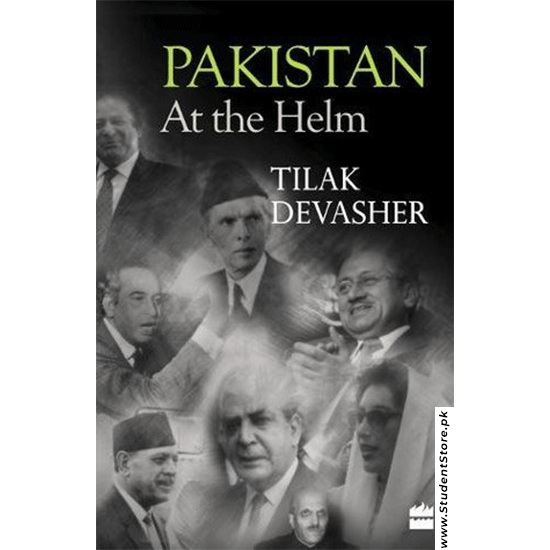
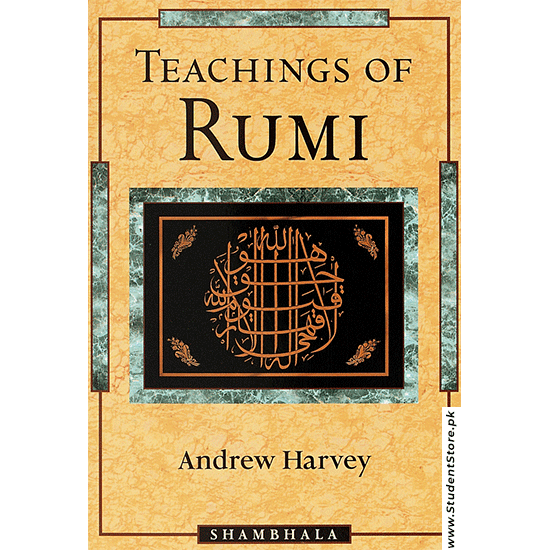
Reviews
There are no reviews yet.